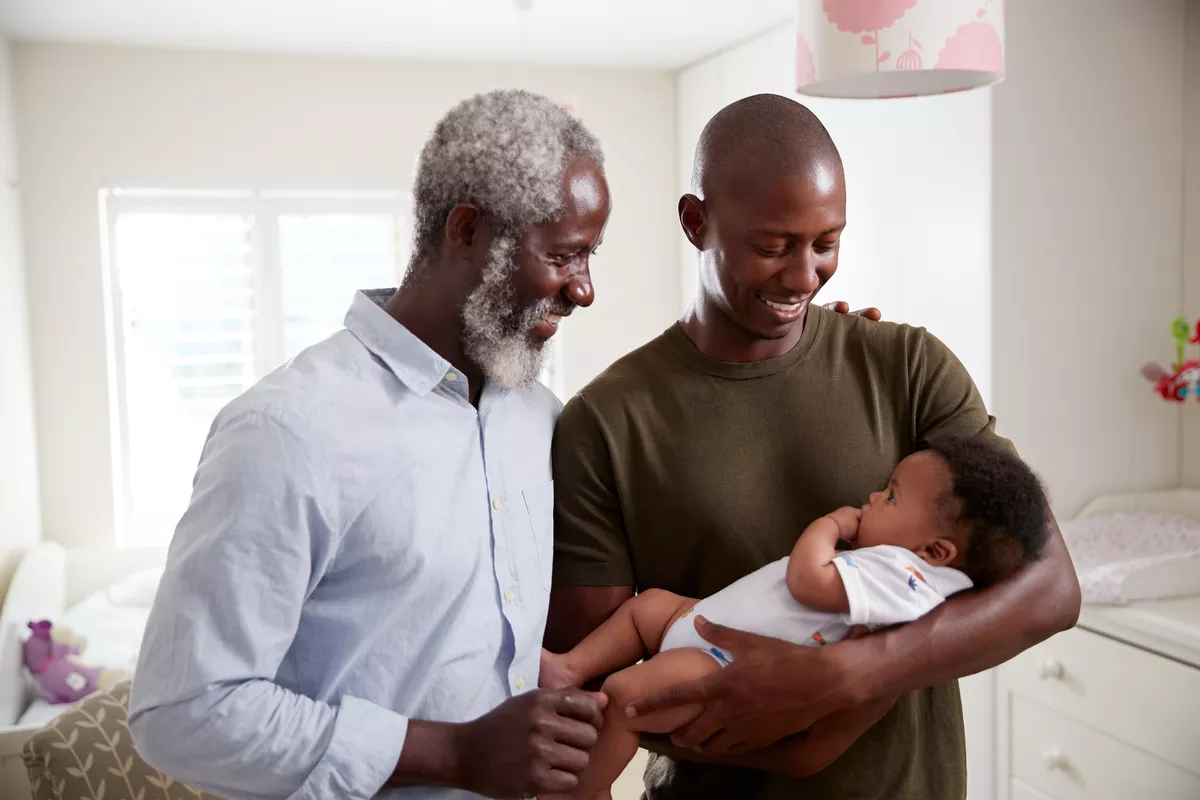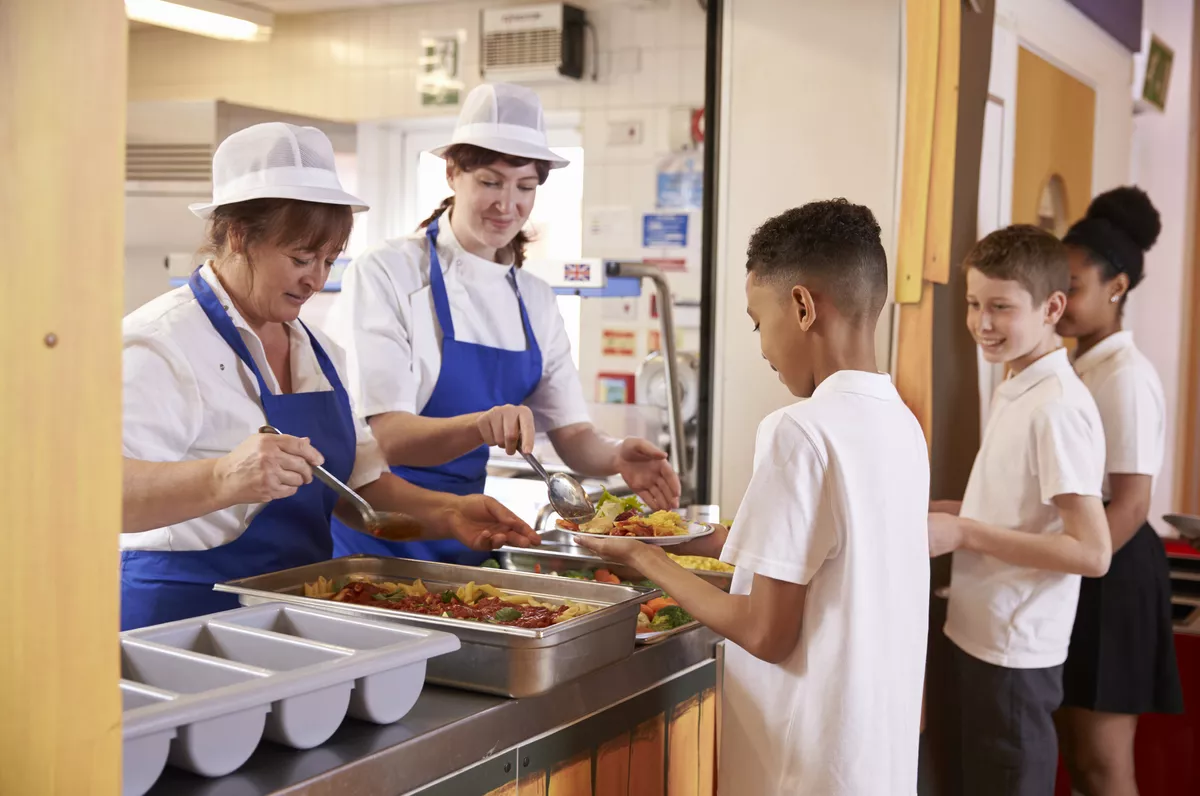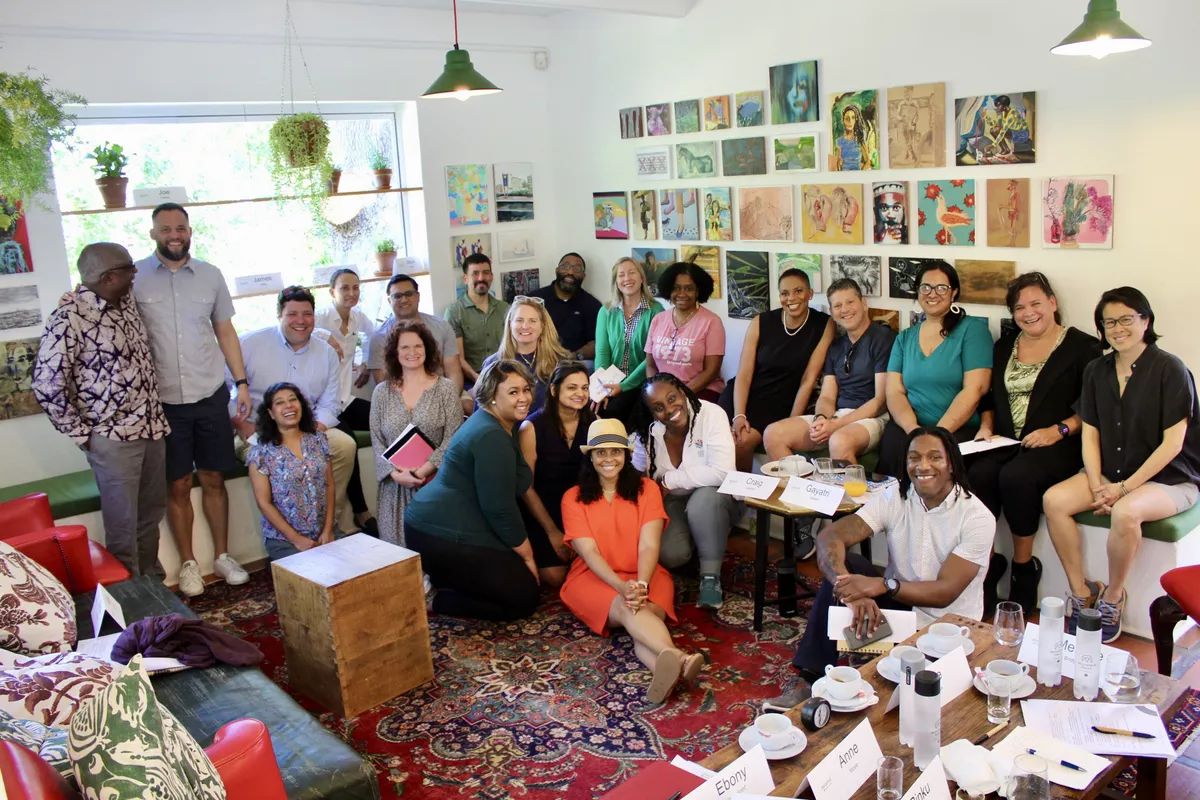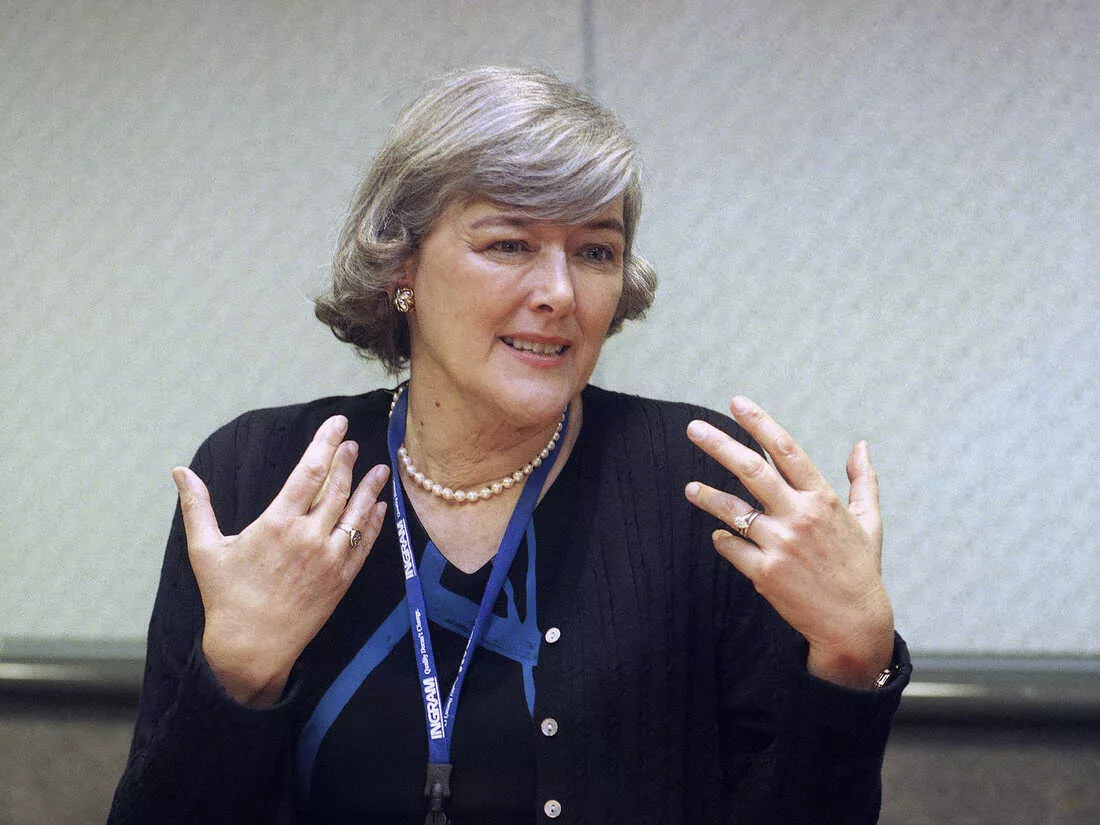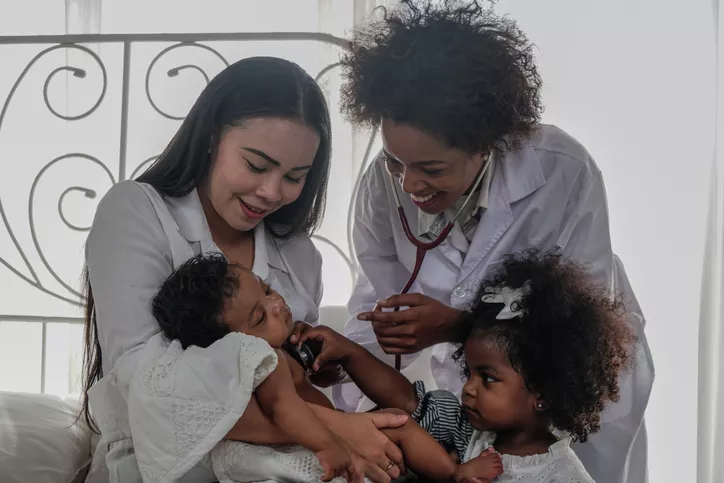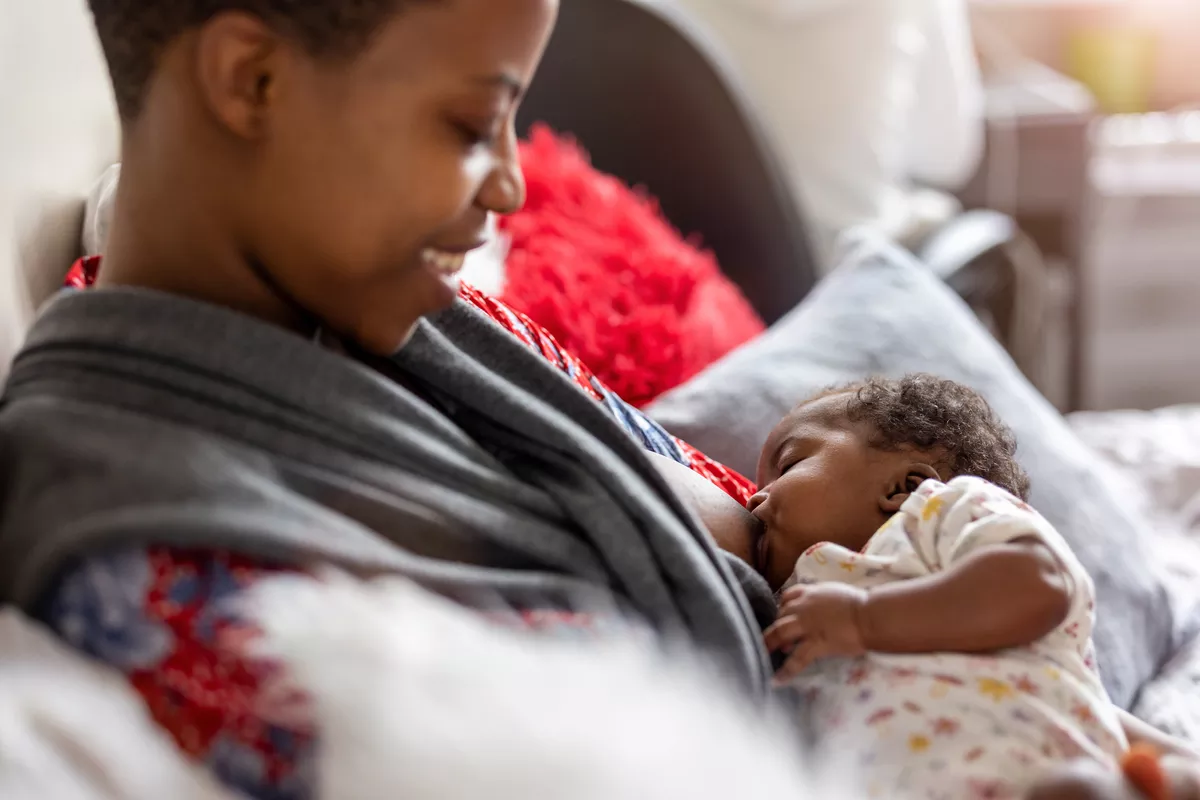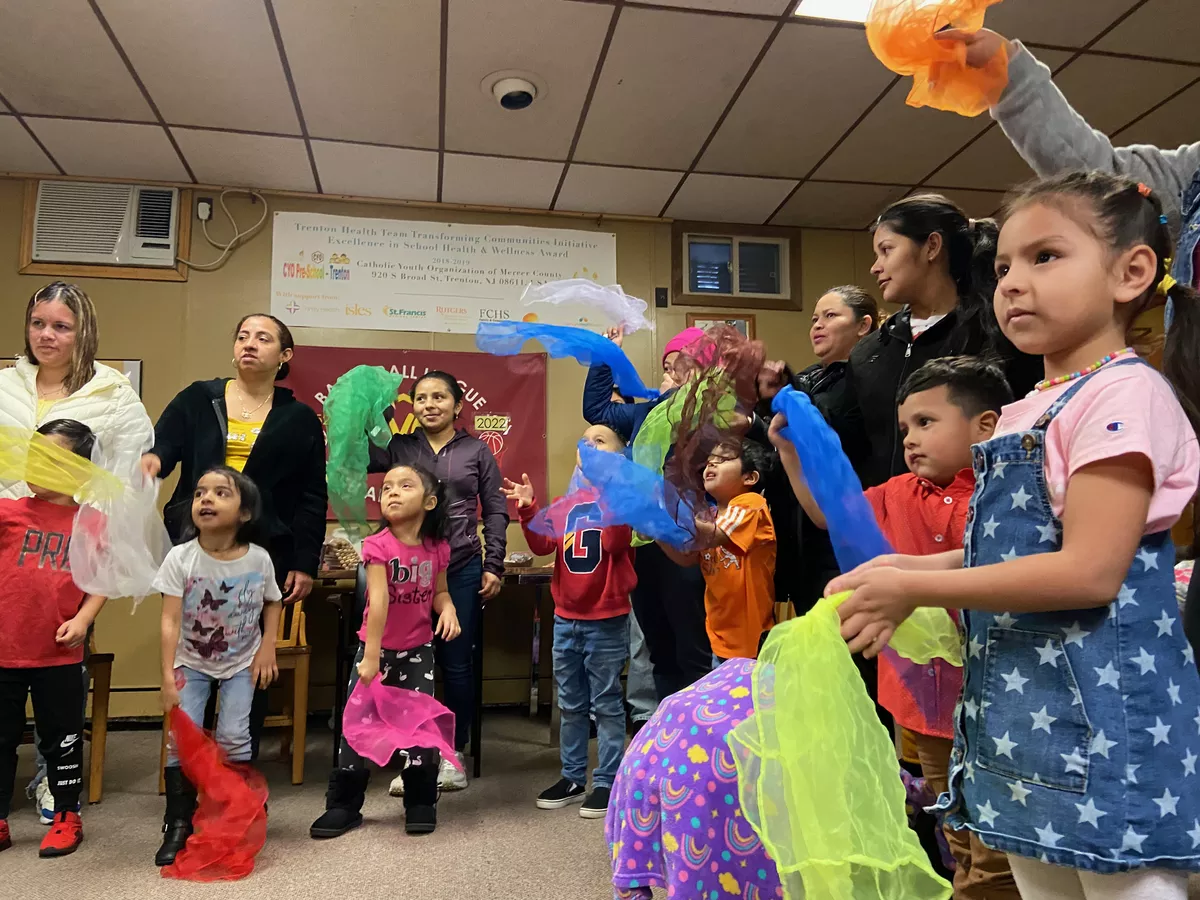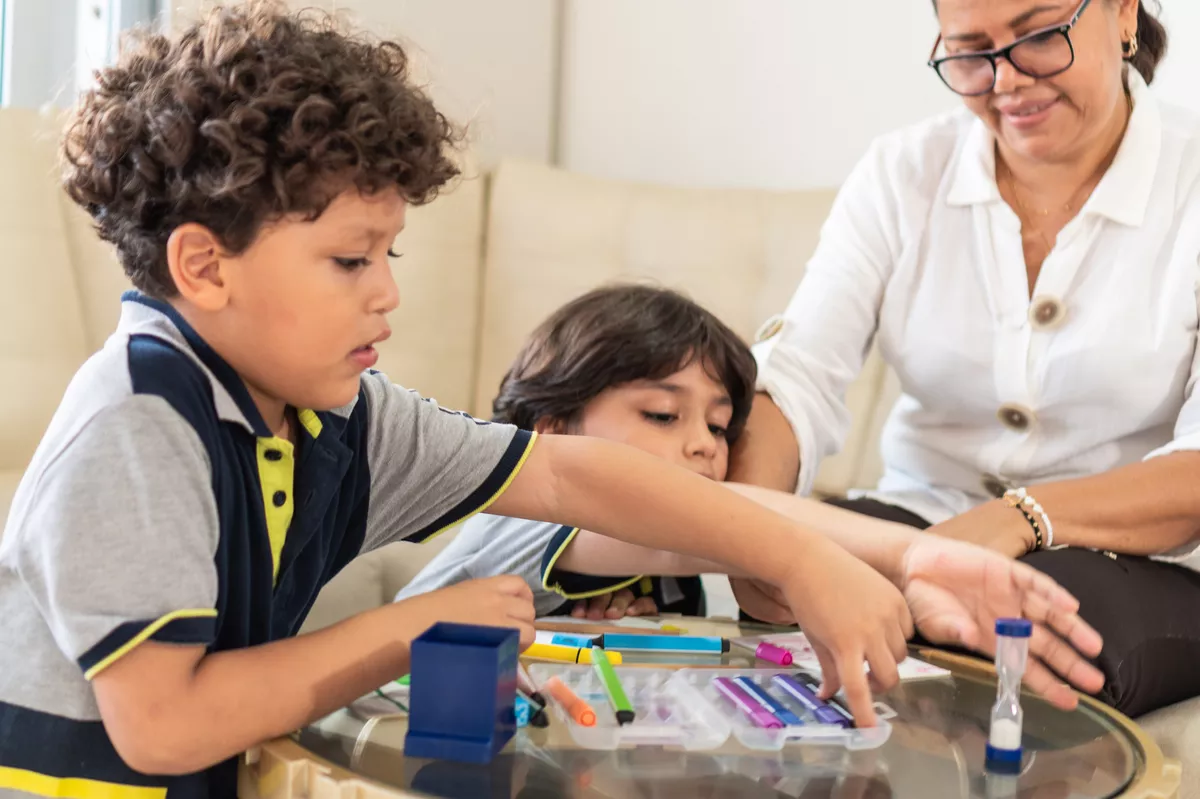👋 Welcome to Starting Early. Every other week, we spotlight new reports, useful news, engaging interviews with people doing important work, and interesting takes on maternal health and early childhood development issues.
The feeling that you “belong” is fundamental to living a happy and healthy life. Without meaningful and high-quality social connections, our mental, physical, and psychological well-being suffers. But belonging has grown more elusive in today’s world. Increased political polarization, economic inequality, and racial injustice — among other things — contribute to greater division and what experts are calling a “crisis of belonging.”
- The feeling of not belonging can lead to loneliness.


